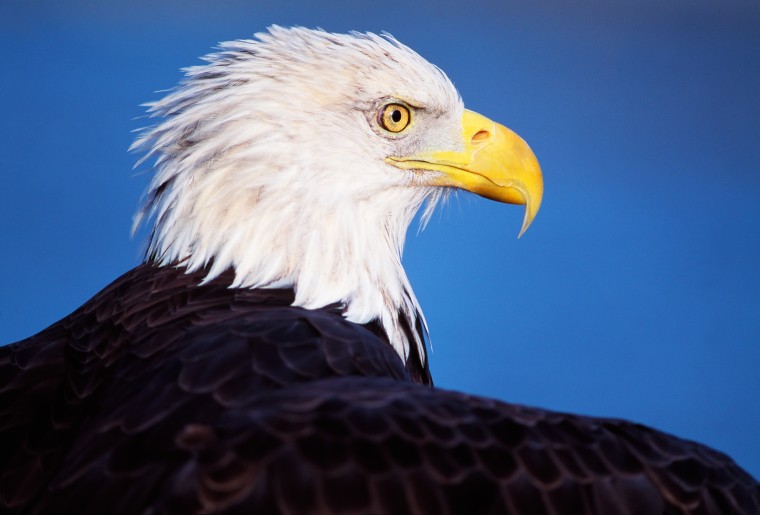2 men charged in 'killing spree' of over 3,000 birds, including bald eagles, in Montana

A grand jury indicted two men on charges of going on a yearslong "killing spree" of federally protected eagles and selling "this country's national symbol" on the black market, court documents revealed.
Simon Paul and Travis John Branson were each charged last week with one count of alleged conspiracy and 13 counts of violating the Bald and Golden Eagle Protection Act.
Federal prosecutors said they have messages from Branson stating that he was "committing felonies" and "telling buyers he was 'on a killing spree' to obtain eagle tail feathers for future sales."
Branson would travel from Washington state to the Flathead Indian Reservation in Montana to meet up with Paul who'd "help kill, transport and ship bald and golden eagles for future sales on the black market," according to the indictment.
Paul "was a 'shooter' and 'shipper' of bald and golden eagles" for his co-defendant, the indictment showed.
The bald eagle "is not merely a bird of biological interest, but this country's national symbol, which reflects America's ideals of freedom," according to the court papers.
"In total, the defendants killed approximately 3,600 birds, including eagles," the indictment said. "The defendants then illegally sold the eagles on the black market for significant sums of cash across the United States and elsewhere."
The killings took place between January of 2019 and March of 2021, the government said.
The indictment did not specify how many of the 3,600 killed birds were protected and a spokesperson for the U.S. Attorney's Office in Missoula declined to elaborate on Wednesday.
The defendants have not been arrested but they've been ordered to appear in court on Jan. 8, the government spokesperson said.
Branson, who has a listed address in Cusick, Washington, and Paul, from Ronan, Montana, did not immediately respond to NBC News requests for comment on Wednesday.
The top conspiracy count is punishable by up to five years in prison and a $250,000 fine.


